I have inherited a large legacy codebase which runs in django 1.5 and my current task is to speed up a section of the site which takes ~1min to load.
I did a profile of the app and got this:
The culprit in particular is the following query (stripped for brevity):
SELECT COUNT(*) FROM "entities_entity" WHERE (
"entities_entity"."date_filed" <= '2016-01-21' AND (
UPPER("entities_entity"."entity_city_state_zip"::text) LIKE UPPER('%Atherton%') OR
UPPER("entities_entity"."entity_city_state_zip"::text) LIKE UPPER('%Berkeley%') OR
-- 34 more of these
UPPER("entities_entity"."agent_city_state_zip"::text) LIKE UPPER('%Atherton%') OR
UPPER("entities_entity"."agent_city_state_zip"::text) LIKE UPPER('%Berkeley%') OR
-- 34 more of these
)
)
which basically consist on a big like query on two fields, entity_city_state_zip and agent_city_state_zip which are character varying(200) | not null fields.
That query is performed twice (!), taking 18814.02ms each time, and one more time replacing the COUNT for a SELECT taking up an extra 20216.49 (I'm going to cache the result of the COUNT)
The explain looks like this:
Aggregate (cost=175867.33..175867.34 rows=1 width=0) (actual time=17841.502..17841.502 rows=1 loops=1)
-> Seq Scan on entities_entity (cost=0.00..175858.95 rows=3351 width=0) (actual time=0.849..17818.551 rows=145075 loops=1)
Filter: ((date_filed <= '2016-01-21'::date) AND ((upper((entity_city_state_zip)::text) ~~ '%ATHERTON%'::text) OR (upper((entity_city_state_zip)::text) ~~ '%BERKELEY%'::text) (..skipped..) OR (upper((agent_city_state_zip)::text) ~~ '%ATHERTON%'::text) OR (upper((agent_city_state_zip)::text) ~~ '%BERKELEY%'::text) OR (upper((agent_city_state_zip)::text) ~~ '%BURLINGAME%'::text) ))
Rows Removed by Filter: 310249
Planning time: 2.110 ms
Execution time: 17841.944 ms
I've tried using an index on entity_city_state_zip and agent_city_state_zip using various combinations like:
CREATE INDEX ON entities_entity (upper(entity_city_state_zip));
CREATE INDEX ON entities_entity (upper(agent_city_state_zip));
or using varchar_pattern_ops, with no luck.
The server is using something like this:
qs = queryset.filter(Q(entity_city_state_zip__icontains = all_city_list) |
Q(agent_city_state_zip__icontains = all_city_list))
to generate that query.
I don't know what else to try,
Thanks!
